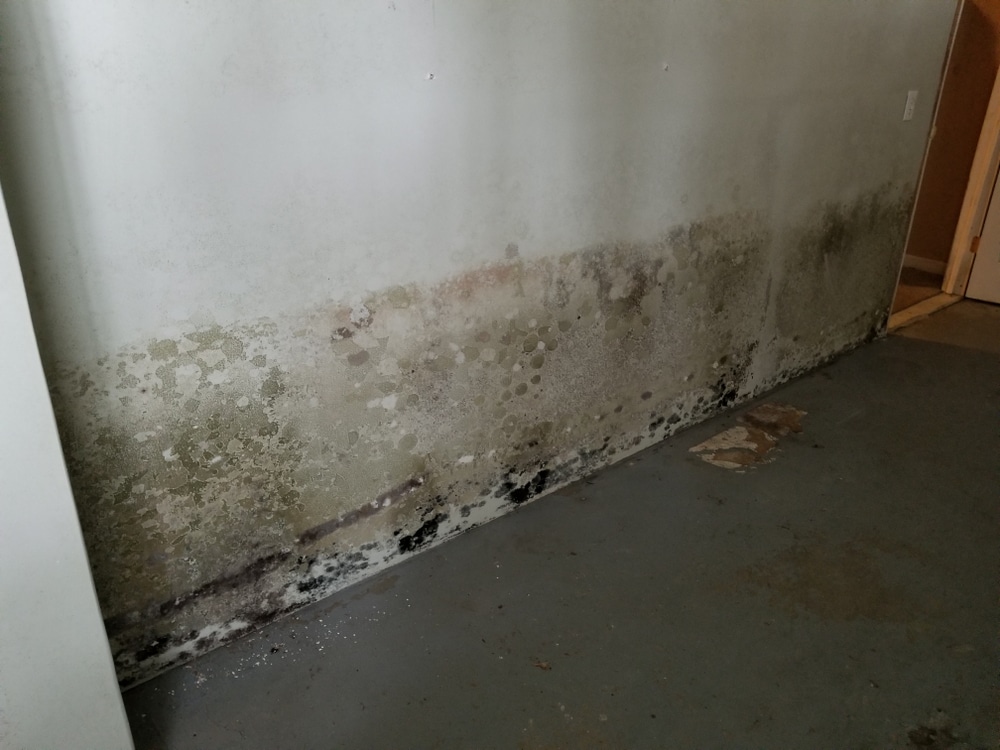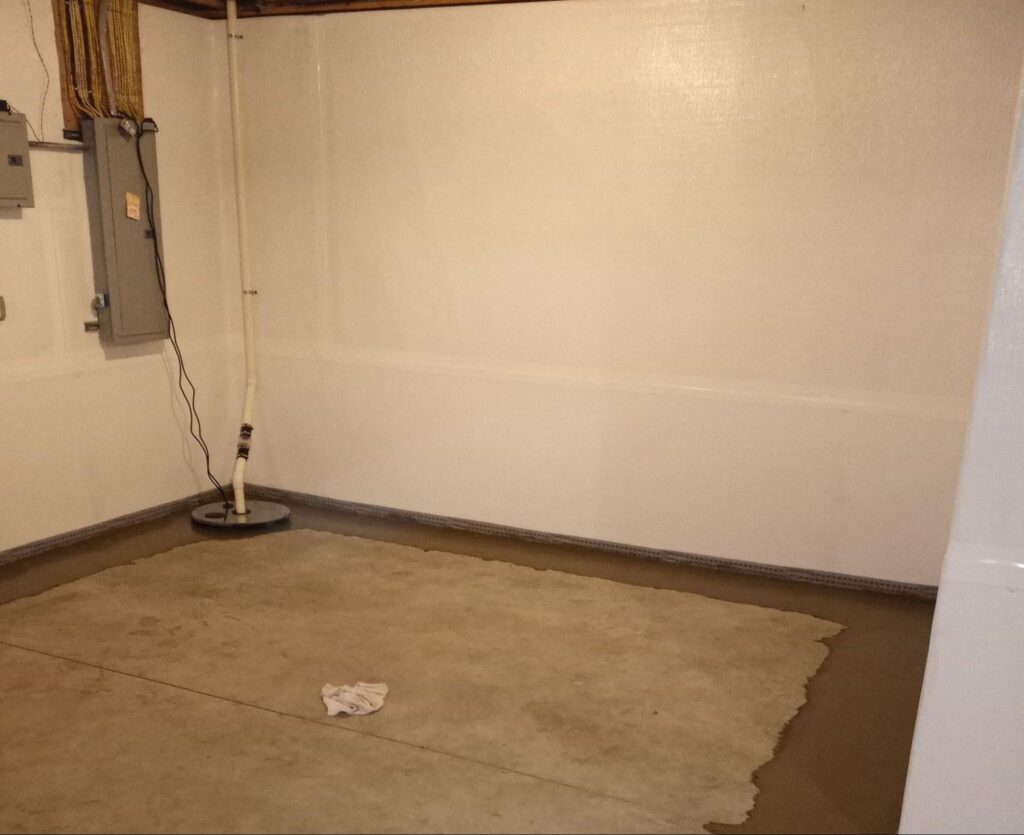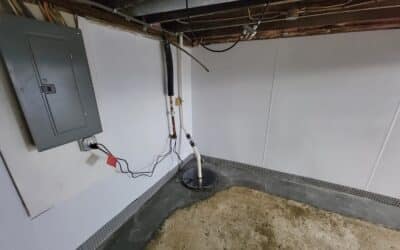So, you’ve walked downstairs to grab something from storage, only to find your basement floor covered in murky, foul-smelling water. Sadly, the drain that’s supposed to keep your basement dry is doing the exact opposite — backing up and creating a nightmare you never wanted to deal with.
You’re not alone if you’ve ever had to deal with such a situation. But luckily, you don’t have to live with the constant worry of when it might happen again.
By understanding why this happens, you’ll be better informed on how to troubleshoot and what you can do about it.
Read on to find out why sewage backup in basements happens and what options you have when it happens to you.
Why Your Basement Drain Keeps Backing Up
A sewage backup in basement areas can occur for a variety of reasons.
Overwhelmed Municipal Systems
During heavy rainfall or rapid snowmelt, your local sewer system can become overwhelmed with more water than it can handle. When this happens, sewage has nowhere to go but back up through the lowest drains in your home, typically your basement floor drain.
Blockages in Your Home’s Drain Lines
Over time, debris, grease, soap scum, and other materials can accumulate in your drain lines, creating partial or complete blockages. Hair, food particles, and even tree roots that have grown into cracked pipes can restrict water flow, causing backups during times when your drainage system needs to work hardest.
Foundation and Grading Issues
Poor grading around your home’s foundation can direct water toward your basement rather than away from it.
When soil slopes toward your foundation or when foundation settling creates low spots, water naturally flows toward your basement. The diversion of water puts extra pressure on your drainage system and increases the likelihood of backups.
The Hidden Dangers to Your Health and Home

A basement drain backup can expose you and your family to some serious risks.
Microbial Growth and Surface Contamination
Sewage backup in basement areas exposes your family to harmful bacteria, viruses, and parasites that can cause serious illness. E. coli, Salmonella, and hepatitis are just a few of the dangerous pathogens commonly found in sewage water.
Even after the visible water is gone, these contaminants can linger in porous materials like drywall, insulation, and flooring.
Mold
The moisture from backups also creates ideal conditions for mold growth, which can begin developing within 24 to 48 hours. Mold spores decrease your home’s air quality and can trigger health issues, particularly for children, elderly family members, and anyone with a compromised immune system.
Structural Damage That Compounds Over Time
The longer sewage water sits in your basement, the more damage it causes.
Wooden framing can rot, metal components can rust, and electrical systems can be permanently damaged, leading to expensive repairs that far exceed the cost of preventing the problem in the first place.
Proven Solutions That Keep Your Basement Dry

Don’t let another backup catch you off guard.
There are effective, long-term solutions that can protect your basement from future sewage backups and give you the peace of mind you deserve.
Sump Pump Systems: Your First Line of Defense
A properly installed sump pump system actively removes water from around your foundation before it can enter your basement. These systems work by collecting water in a specially designed pit and pumping it away from your home’s foundation to a safe drainage area.
Modern sump pumps are reliable, efficient, and can handle significant volumes of water during heavy storms or rapid snowmelt. When properly maintained, a quality sump pump system can prevent the majority of basement flooding situations that lead to sewage backups.
Battery Backup Systems: Protection When You Need It Most
Power outages often accompany severe storms, which is exactly when your sump pump needs to work hardest. A battery backup system ensures your basement stays protected even when the electricity goes out. These systems automatically kick in when your primary pump loses power, providing continuous protection when you need it most.
Professional Waterproofing Solutions
Sometimes, the solution requires a more comprehensive approach.
Professional basement waterproofing systems address the root causes of water infiltration, creating a barrier that prevents water from entering your basement in the first place. These systems can include interior and exterior drainage solutions, foundation sealing, and proper grading corrections.
Stop Fearing Another Basement Flood
You don’t have to wait for another sewage backup to turn your basement into a health hazard and damage your home. There are proven solutions to keep your basement dry and your family safe, but they require professional assessment and proper installation.
We’ve helped countless Northern Ohio homeowners solve their basement drainage problems with reliable, long-term solutions.
Our certified professionals will assess your specific situation and recommend the right combination of systems to keep your basement dry for years to come.
Don’t let another backup catch you off guard. Contact us today for a free foundation inspection and take the first step toward a permanently dry basement.


